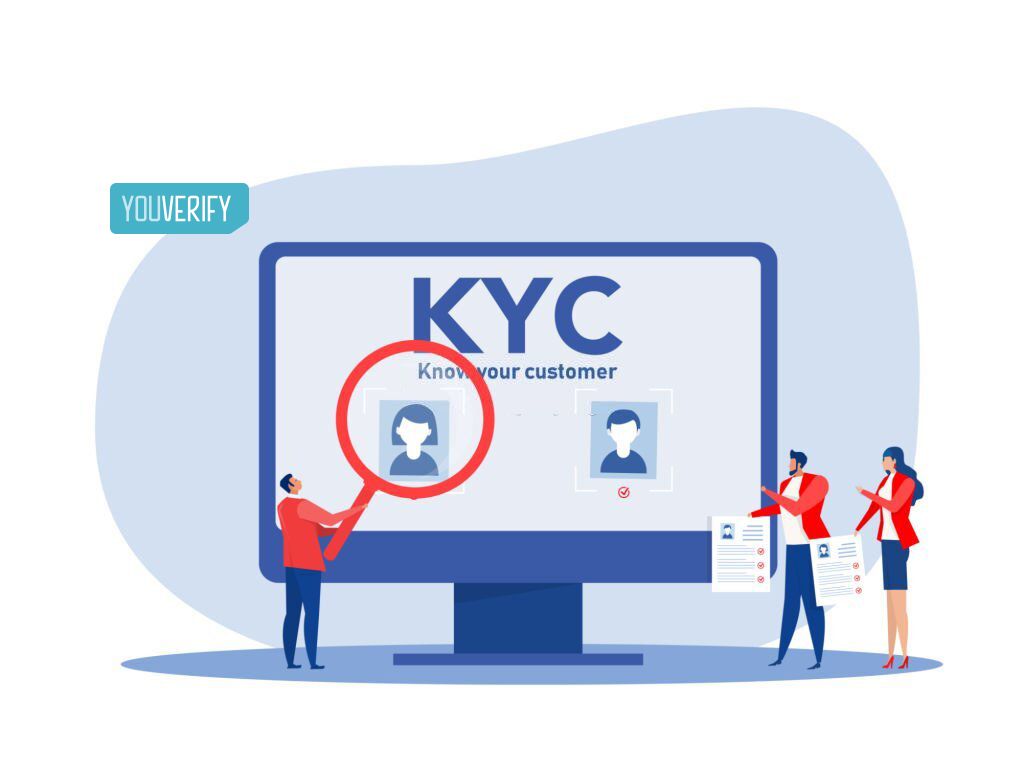
Crypto license
A crypto license is a legal document that grants permission to individuals or organizations to operate in the cryptocurrency space. It is typically issued by government regulatory bodies or financial institutions and outlines the rules and regulations that must be followed in order to conduct cryptocurrency-related activities. This may include requirements for anti-money laundering (AML) and know-your-customer (KYC) procedures, as well as guidelines for maintaining secure storage of digital assets.
24/7 Customer Support Services

The importance of crypto license
Obtaining a crypto license can provide legitimacy and credibility to businesses operating in the cryptocurrency industry, while also helping to ensure compliance with relevant laws and regulations. Obtaining a crypto license offers several benefits to individuals and businesses in the crypto industry. Firstly, it provides legal recognition and legitimacy to their operations, which enhances their reputation and credibility. Secondly, it allows them to operate within a regulated environment that ensures compliance with relevant laws and regulations. This can help prevent potential legal issues that could arise from non-compliance. Thirdly, obtaining a crypto license can facilitate access to banking services, which is crucial for conducting business transactions. Finally, it can attract more investors who are looking for trustworthy and legitimate companies to invest in.
Services
Procedure for obtaining a crypto license
Applying for a crypto license can be a complex process, and the requirements may vary depending on the jurisdiction. Generally, applicants must first register their business entity and obtain the necessary permits and licenses to operate in their chosen field. They must then provide detailed information about their business operations, including financial reports, security measures, and compliance policies. This information is reviewed by regulatory authorities to ensure that the applicant meets all necessary criteria for operating a cryptocurrency exchange or other related business. It is important to work with experienced legal counsel throughout the application process to ensure that all requirements are met.
Requirements for obtaining a crypto license
Obtaining a crypto license requires companies to adhere to strict regulatory considerations to ensure compliance with local and international laws. These considerations typically include anti-money laundering (AML) and know-your-customer (KYC) policies, which require companies to verify the identities of their customers and monitor transactions for suspicious activity. Additionally, companies must comply with data protection laws and have robust security measures in place to protect against cyber attacks. It is essential for companies seeking a crypto license to thoroughly understand the regulatory landscape and work closely with regulators to ensure compliance.




Crypto license regulation
The granting of crypto licenses varies greatly between jurisdictions. Some countries have strict regulations and require extensive background checks, while others have a more relaxed approach. In some jurisdictions, obtaining a license can take months or even years, while in others the process can be completed relatively quickly. Additionally, the requirements for obtaining a license may differ between jurisdictions. For example, some may require proof of financial stability or technical expertise in the field of cryptocurrency, while others may not have such strict requirements. Future developments in the world of crypto licensing are expected to bring more clarity and standardization to the industry. Governments around the world are taking steps towards regulating crypto activities, including licensing requirements for businesses operating in this space. This will likely lead to increased trust and legitimacy for cryptocurrencies, as well as a reduction in fraud and illegal activity. Additionally, advancements in blockchain technology may allow for more efficient and secure methods of obtaining and managing crypto licenses, further streamlining the process for businesses and regulators alike.



